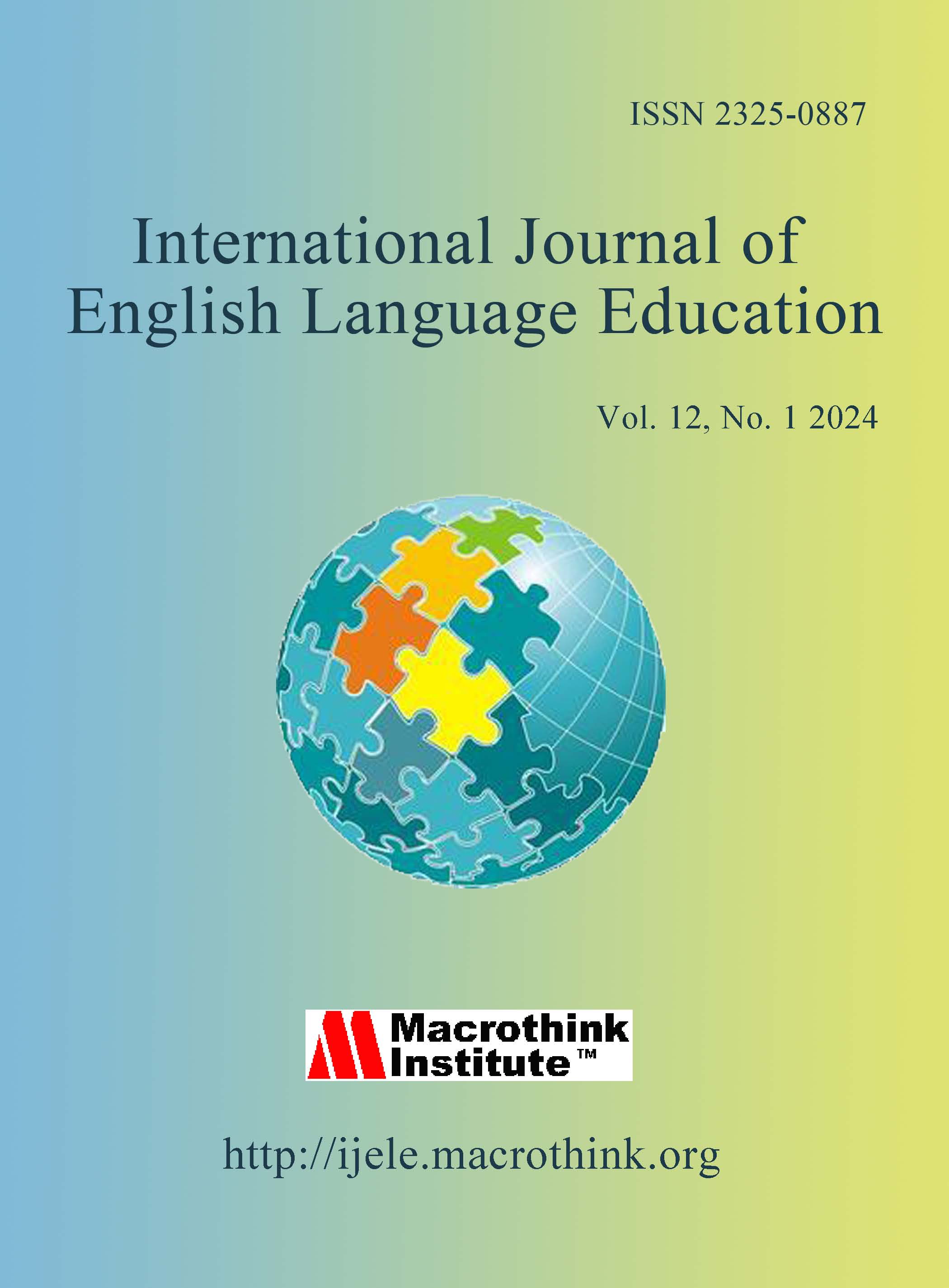Exploring the Use of Machine Translation in English-Medium Higher Education Contexts: Perspectives from Omani EFL Students
DOI:
https://doi.org/10.5296/ijele.v12i2.22299Keywords:
coping strategies, English-medium, EFL, machine translation, higher educationAbstract
There has been a significant increase in the use of machine translation by university students as part of their coping strategies for their English-medium study. This practice has been a subject of debate among educators. Some argue that advancements in technology have made machine translation a valuable learning tool, while others remain skeptical, questioning its pedagogical benefits. This study is an attempt to explore Omani EFL students’ perceptions and attitudes regarding the use of machine translation as a coping strategy in their English-medium content learning activities. A qualitative research design, employing an open-ended survey and semi-structured interviews, was used in the study. Thirty-five students enrolled on different English-medium majors at a public Omani university voluntarily participated in the investigation. The data was analysed thematically and inductively. Results showed that all participants reported using machine translation for various learning activities, including looking up the meanings of discipline-specific terminology and translating individual sentences and longer texts from English to Arabic and vice versa. Some participants noted that machine translation tools tend to perform better when translating from Arabic to English compared to translating from English to Arabic. However, participants also highlighted several challenges related to the use of machine translation as a coping learning strategy. The implications for translation pedagogy and research are discussed.




